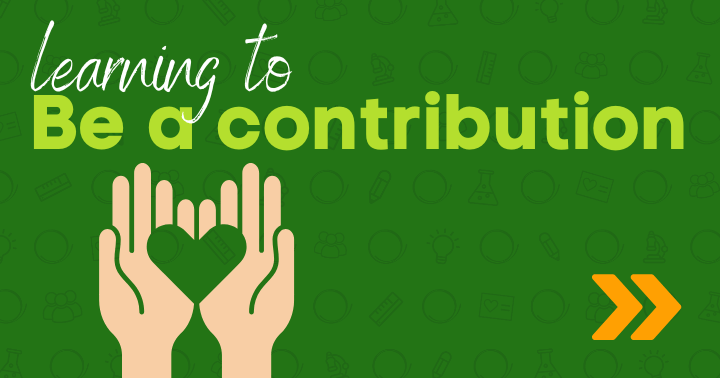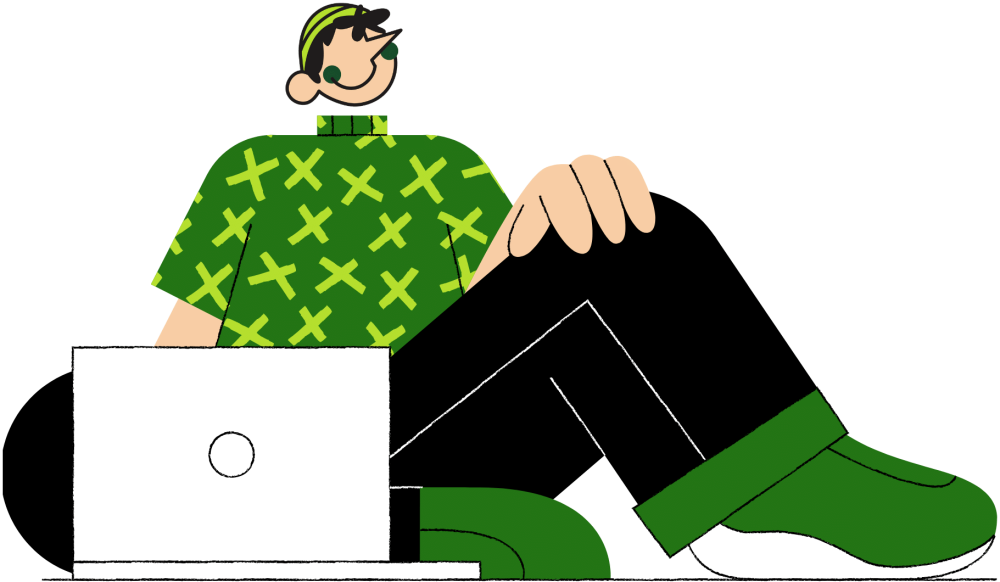Countless white people have joined the movement to end racism, yet many feel stuck, overwhelmed, or unsure how to contribute meaningfully. Today I’m gonna share with you an exercise that has helped people just like you to get out of the slog and find a more purposeful, durable, and joyful way to contribute.
Before we dive in, I want to acknowledge the Cowlitz, Columbia, Grand Ronde, and Siletz Indians as the stewards of the area where I live and thank them for their leadership. I also want to interrupt any notion of myself as an expert. I would not be here without my families – by birth and by love – and the wisdom and leadership of Jomo Greenidge, who transitioned to ancestor in December 2020, as well as a whole community of people who have challenged, strengthened, guided, invited, and loved me to more wholeness. I honor you all.
Kat reached out recently to share that she had been working on a plan to have a conversation about race with her team at work and had gotten stuck. In her email, she noted that something about what she was planning didn’t feel in alignment with what she had experienced with us, and she asked if I’d be willing to facilitate or co-facilitate the session with her.
Kat’s situation is really common. She felt empowered to take on the task, so she began planning and ended up overwhelmed.
I give her a lot of credit for pausing and seeking out support.
What is also really common about Kat’s request is that when we feel stuck, we can start to lose our nerve and get hooked back into seeing someone else as the expert we need to hire to do it for us.
Deciding to be a contribution isn’t a one-time event at the beginning of our liberation journey. It doesn’t require perfection – just willingness. Over and over. Each time we feel small, hurt, or overwhelmed – these are invitations to recommit. Every time we do, our commitment gets more durable, and possibility surges.
I declined Kat’s request to facilitate, but I did offer to connect with her to see if we could get her unstuck. When we met up, I realized that Kat might benefit from an activity that helped me get clearer on my own contribution.
Here’s how it goes.
STEP 1: Identify the three most significant moments in your liberation journey so far. What has changed you the most? What helped you dig deeper in a significant way?
Pause here before you keep reading and jot down some notes.
Mine are:
- Meeting Jomo. I wouldn’t be who I am today without his influence.
- Gathering white thought partners. When Jomo tired of being my primary thought partner, he asked me to build a community of white people to have the conversations he and I were having about race. What I found was a shared experience of being socialized as white, which helped me notice and loosen my dominating patterns.
- Encountering healers. Once I realized that I would have to heal something in me if I was going to stop running racist patterns, I felt embarrassed, and I hid that idea from everyone around me. But when I found healers – the people who know that racism is a destructive force in every community, including the white community – it felt like coming home.
Do you have your three?
STEP 2: now distill those three big shifts down to a single sentence.
Mine is: the most meaningful pivots in my liberation journey happened because of relationships.
Once you get to that single sentence, you are ready for the last step.
STEP 3: distill your sentence down to a single word.
My single word is relationships.
It’s why I gather white-bodied people together to strengthen relationships and loosen dominating patterns.
When we think about our liberation journey through the lens of being a contribution, something changes.
In the book, The Art of Possibility by Rosamund Stone Zander and Benjamin Zander, Ben shares:
“When I began playing the game of contribution, I found there was no better [work] than the [work] I was doing, no better person than the one I was with; in fact, there was no “better.” In the game of contribution, you wake up each day and bask in the notion that you are a gift to others.”
Deciding to be a contribution counters the pressures many white people feel when we get hooked into competing for the imaginary trophy of “good white person.”
What if we gave up performing for the approval of someone else?
Now back to Kat. She took her top three big shifts, distilled them down to a single sentence, then down to a single word, and her word was – curiosity. When she cultivated her curiosity about the experiences of people not like her, her family, her own patterns, etc., she could uncover what was there the whole time, which changed her.
I asked her, “how does what you have prepared for your team align with how curiosity has changed you?” “It doesn’t,” she answered. How fascinating.
When we offer what has transformed us, we no longer have to mimic someone else’s ideas of what might work. Instead, we birth something from our story of liberation, and as long as we keep an open hand about that, we might find that what worked for us is helpful to someone else.
Cultivating curiosity is Kat’s unique contribution to our liberation movement, at least for now.
Gathering white people to strengthen relationships and loosen dominating patterns is mine, at least for now.
What’s yours?
Give this exercise a try and see if it helps clarify a way for you to contribute to our liberation movement, and let me know what you think. Remember, you are a gift; no one can give us what you can.
no one gets here alone, and I am no different
The brilliant beings who have contributed to these ideas are Jomo Greenidge; Nichole Watson; Lakeitha Elliot; Jody Rutherford; Jess Thompson; Rosamund Stone Zander and Benjamin Zander in The Art of Possibility; beans, squash, and corn as told by Robin Wall Kimmerer in Braiding Sweetgrass; Play on Purpose; and countless more.


